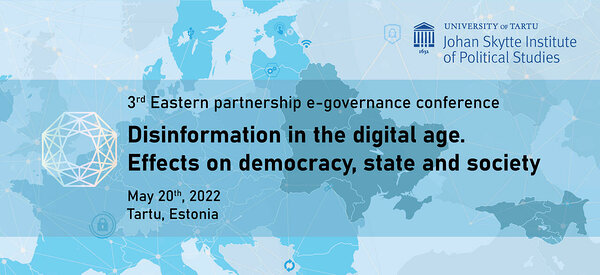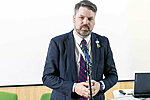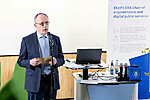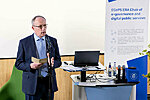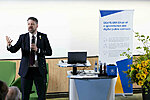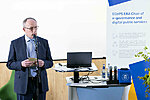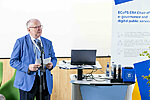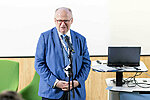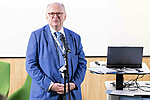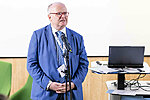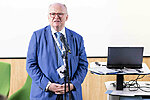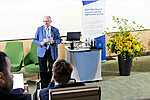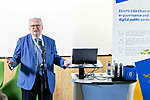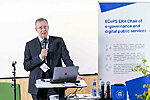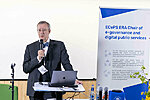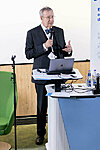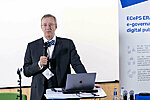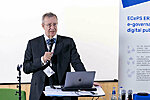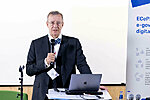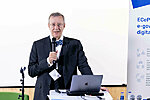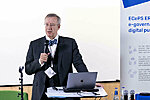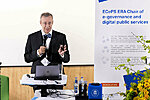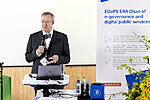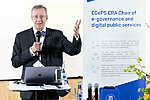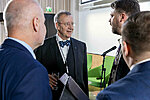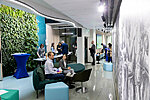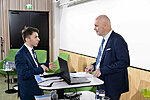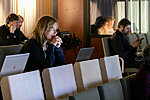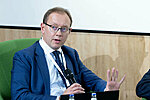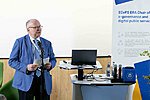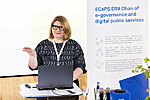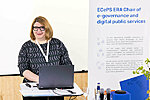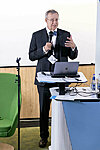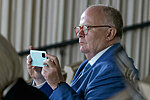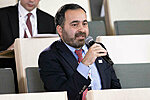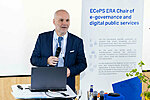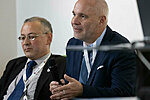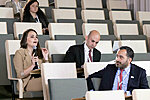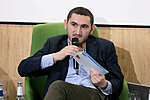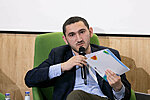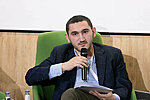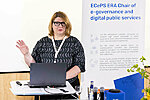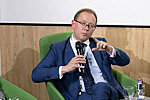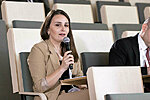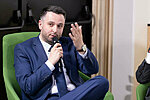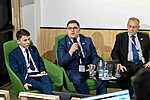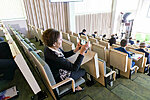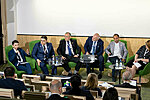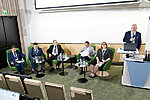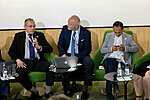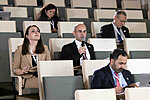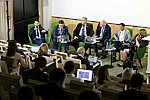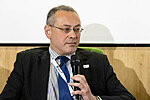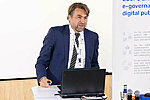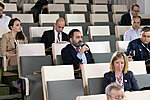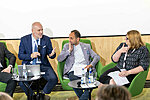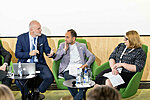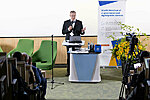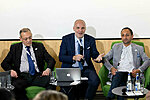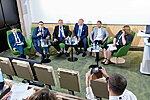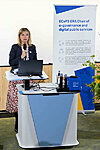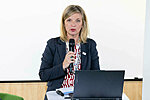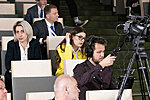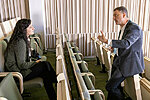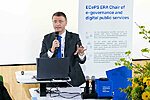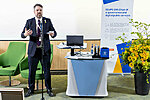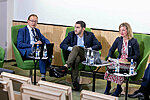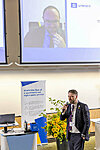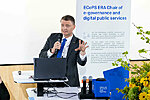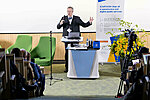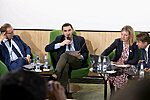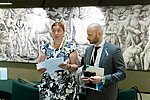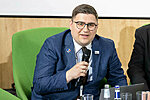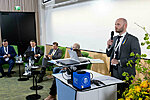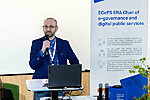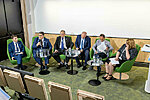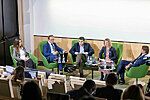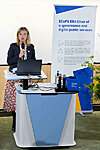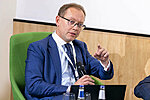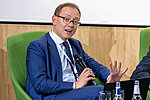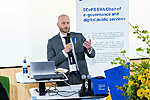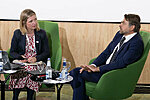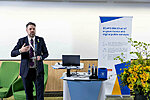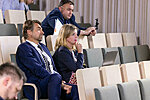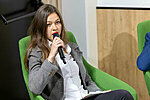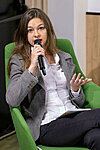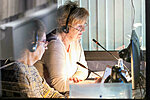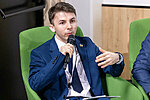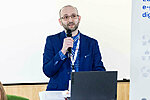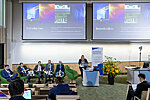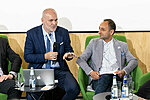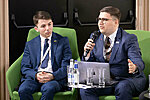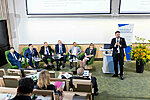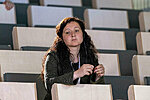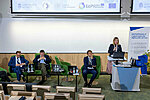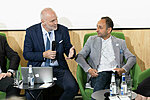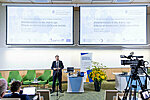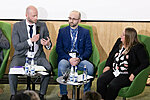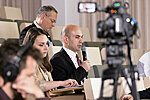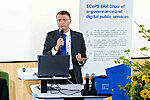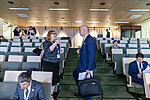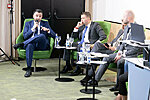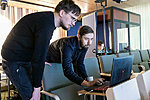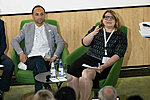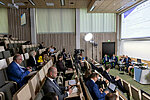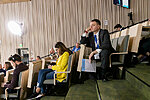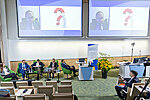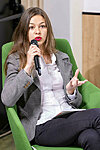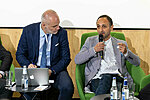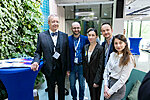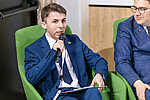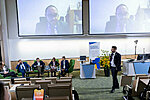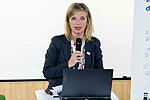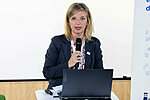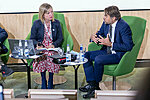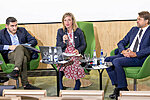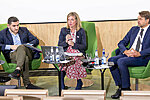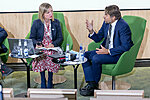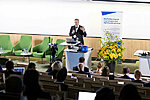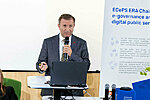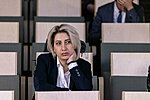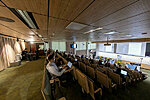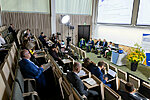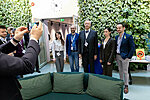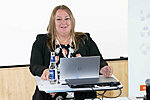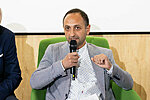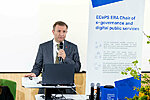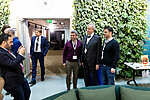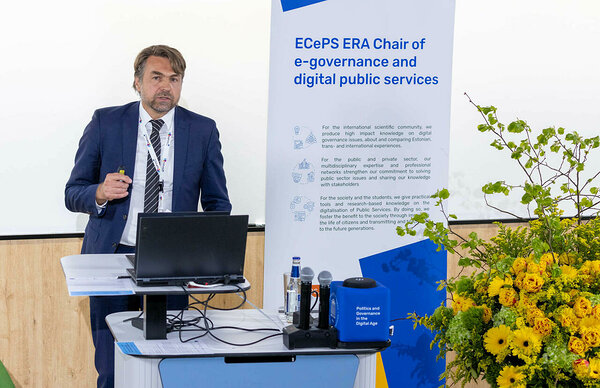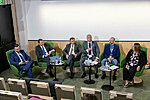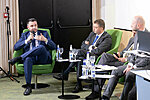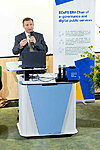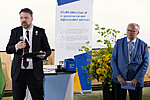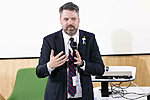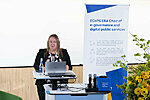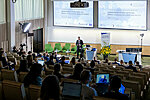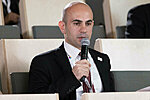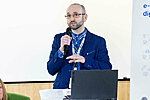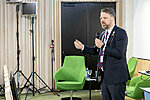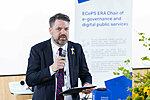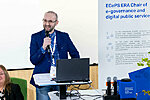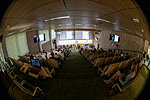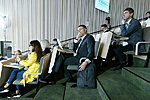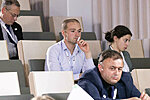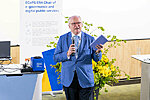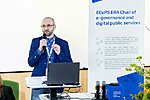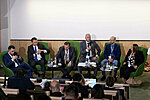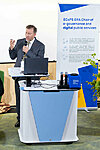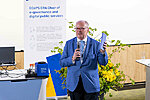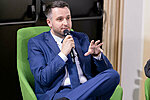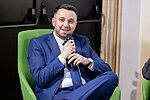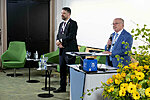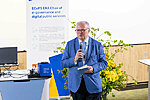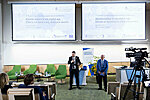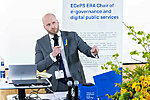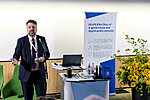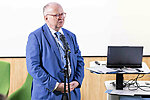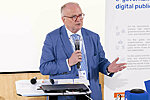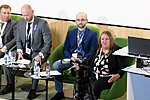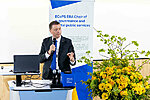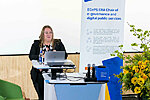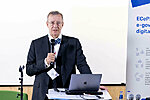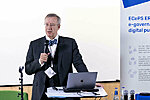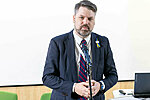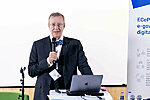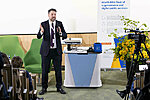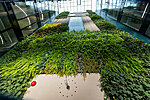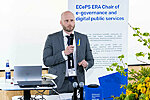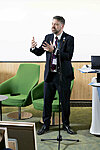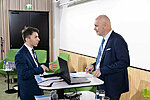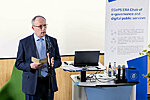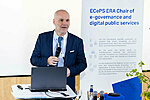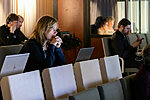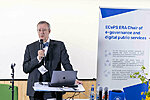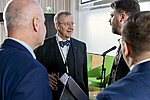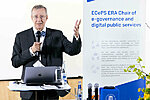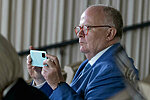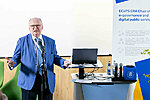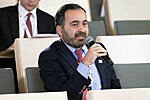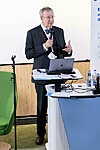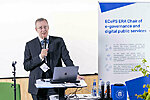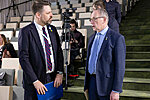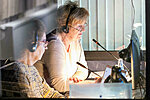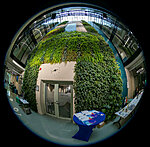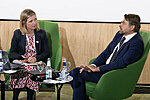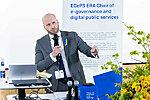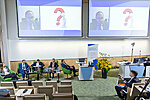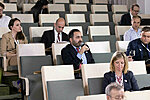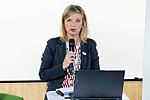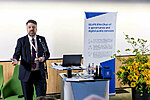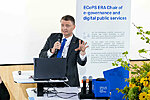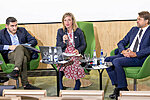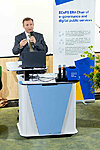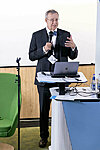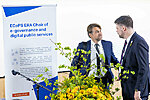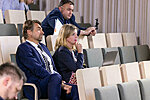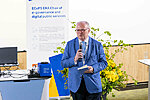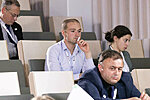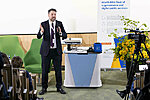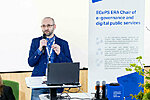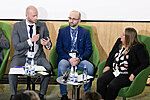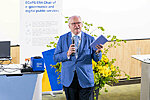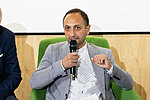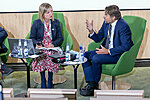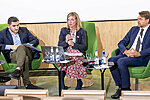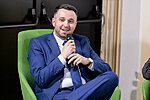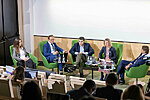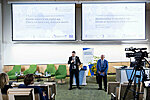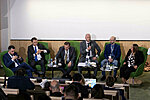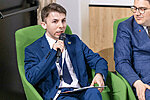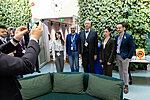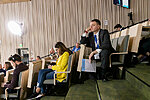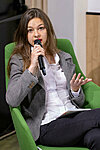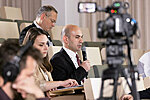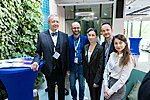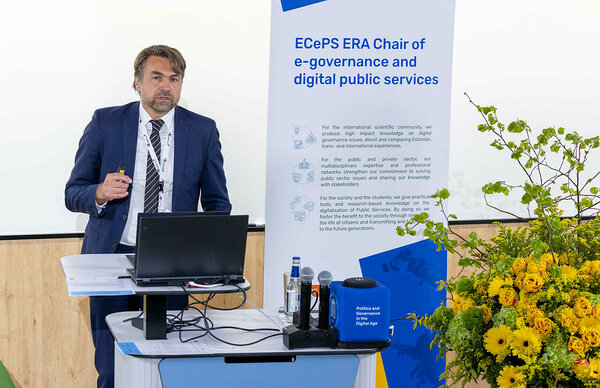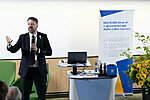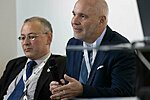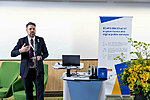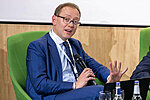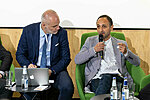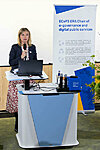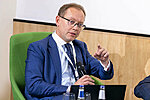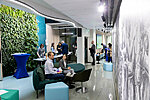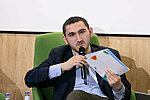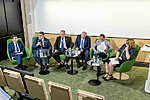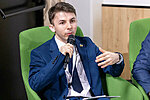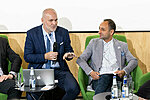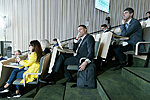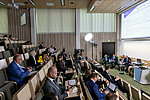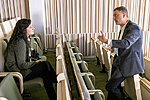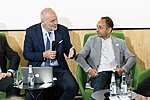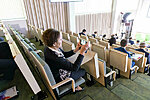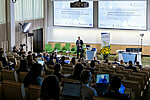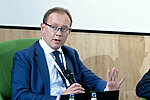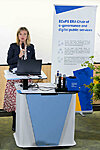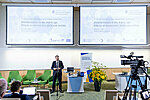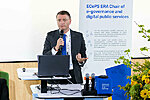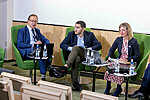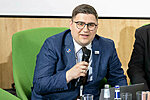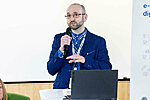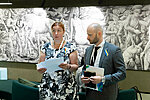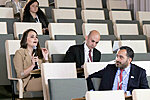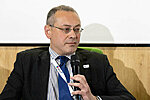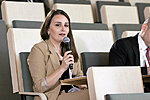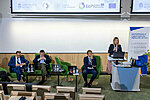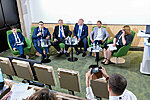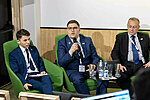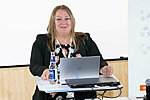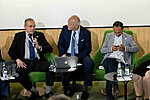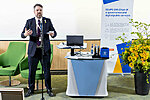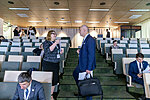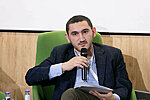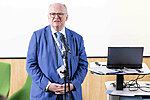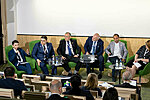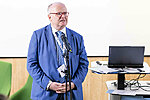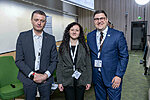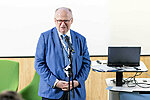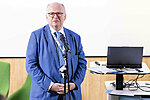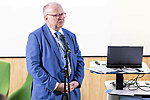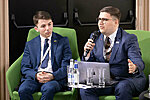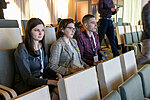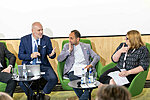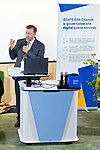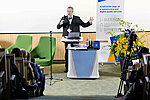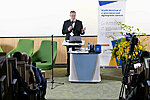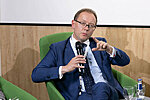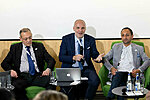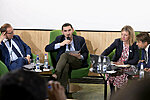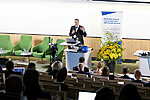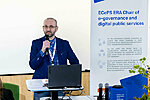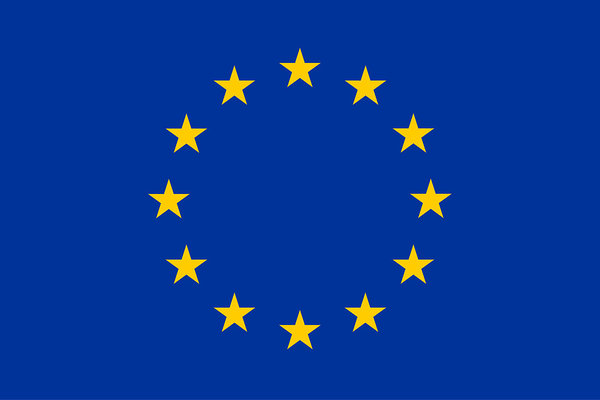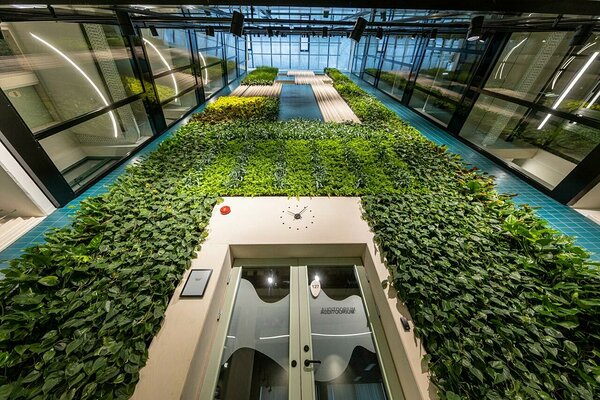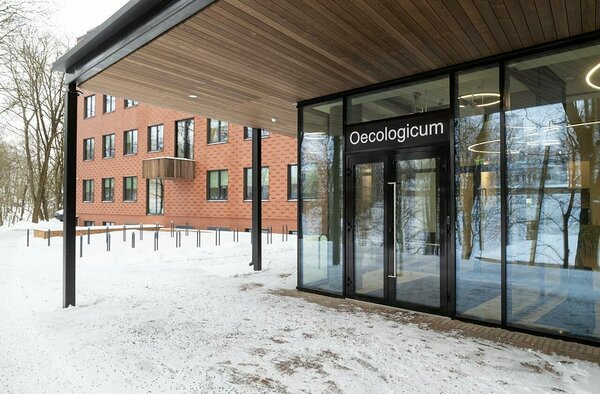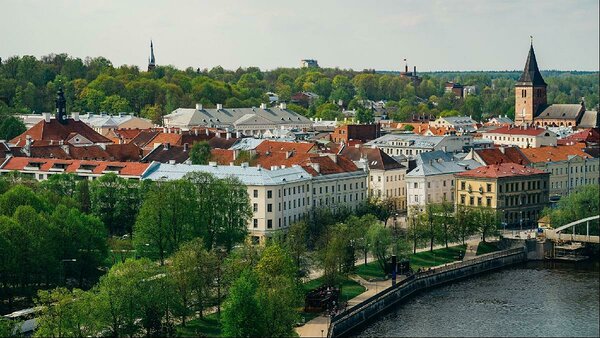The spread of disinformation is not a phenomenon of today’s time, but it has been exacerbated via its circulation through social media platforms, powered by AI and has become a critical challenge. It casts a shadow over the integrity of public debate and elections, undermining citizens’ trust in democratic institutions, while also negatively impacting on the accuracy and reliability of the information that feeds public opinion.
Disinformation by digital means can by its size and sophistication threaten the bases and essential elements of democracy, the institutions and processes of the state, and the cohesion and proper functioning of society. Digital disinformation is more illegitimate when originating abroad. No country or society is immune from such influence.
Detailed info about the programme, venue and logistics can also be found at the conference homepage by European Commission.
The recording of the conference (ENG): https://www.uttv.ee/naita?id=33226
The recording of the conference (RUS): https://www.uttv.ee/naita?id=33230
The conference summary can be downloaded here: 3. EaP Conference Tartu 2022 Summary.pdf
The photos of the conference can be found below.
The conference was co-organised with the support of:
This conference was supported by European Union’s Horizon 2020 research and innovation programme under grant agreement No 857622 "ERA Chair in E-Governance and Digital Public Services – ECePS.
The scope of the conference
The conference discussed the possibilities on how we can mitigate the problems of disinformation in the digital age, the divide in public opinion, filter bubbles, and how AI can be used to overcome the shortcomings, and provided solutions for this eminent issue endangering democracy itself.
Programme
All times are in Eastern European Summer Time / EEST (= UTC +2).The Conference was conducted in English and Russian, with simultaneous translation.
Thursday, 19 May 2022:
arrival in Tartu (Estonia)
19.30: Welcome reception in the University of Tartu Art Museum (Ülikooli 18, Tartu)
Friday, 20 May 2022:
the conference at the University of Tartu Oecologicum (J. Liivi St 2, Tartu)
9.00: Registration and welcome coffee
9.30: Official opening
10.00-10.30 Keynote presentation by Toomas Hendrik Ilves, former President of Estonia
10.30-11.00 Coffee break
11.00-12.30: Panel 1: Challenges by disinformation in the digital age
During this session, important global trends affecting election integrity will be explored. This includes the spread of disinformation and misinformation, the increase in threats and violence against journalists and media actors, and disruptions in electoral campaigning and communications. Misinformation and disinformation campaigns, the amplification and weaponization of hate speech, micro-targeting of voters, AI-driven campaigning and the use of automated messaging such as social bots and chatbots have been flagged as major challenges to electoral integrity and trust in democratic institutions. The onset of COVID-19 has brought new challenges to the management of elections worldwide, has highlighted the importance of responsible media and of access to verified information, and increased support for fact-checking initiatives. It has also led to calls for social media platforms to take faster action in dealing with political disinformation and hate speech.
Keynote presentation: Urška Umek, Department of Information Society, Council of Europe
Panel discussion with the EAP and EU representatives:Daniel VODĂ, Head of the Public Diplomacy, Strategic Communication and Press Relations Division, Ministry of Foreign Affairs and European Integration, Moldova
Zaur Akbar, Eastern Partnership Civil Society Forum Steering Committee member, Azerbaijan
Denys Verteletskyi, EU4Youth Alumni, Ukraine
Armen Grigoryan, Centre for Policy Studies, Armenia
Moderator: Rasto Kuzel, MEMO 98
12.30-13.30: Lunch
13.30-13.45 “How to counter disinformation/misinformation to protect democracies and human rights” Guilherme Canela, Freedom of Expression and Safety of Journalists Section, UNESCO
13.45-15.15: Panel 2: Foreign factors in digital disinformation
Information manipulation has become a global phenomenon, serving as a prominent instrument in the strategic foreign policy toolkit of many governments around the world.
Foreign influence operations are by no means a new phenomenon. However, the global retreat of democracy, decline of political parties, the presence of financial scandals and recent technological developments have made it easier for authoritarian countries to quickly and maliciously interfere with democratic institutions and processes.
Disinformation exploits existing divisions and leads to further polarisation. Understanding the reasons behind disinformation campaigns helps us to stop them. In this session we will discuss mitigation measures and how disinformation in different forms of media, including social platforms, can be monitored and countered.
Keynote presentation: Armin Rabitsch, independent experts, University of Innsbruck, electionwatch.eu
Panel discussion with the EAP and EU representatives
Marcin Walecki, former head of Democratization Department at the OSCE/ODIHR
Anna Romandash, journalist, Ukraine
Subhan Hasanli, Atlantic Council DFRL (Digital Forensic Research Lab), Open Platform initiative, Azerbaijan
Moderator: Marta Achler – International Law Expert, EUI PhD in New technologies and Human Rights
15.15-15.45: Coffee break
15.45-17.15: Panel 3: Opportunities and challenges of internet voting
The negative effects of disinformation are felt in all aspects of the electoral process, from online political discussions to campaign strategy. War, internally displaced persons (IDP), refugees and COVID-19 pandemic – the ability to govern during crisis situations has strongly highlighted the need for digital governance, including internet voting. The need to be able to make decisions from a distance in a transparent and secure way has been rapidly accelerated. Furthermore, various convenience voting methods (such as advance voting and postal voting) have become topics of intense debate. The trials and pilots of this voting method that have been and are currently conducted in various countries focus on how to ensure election integrity with technological applications in a potentially hostile cyber environment while offering the most user convenience and low participation barriers to ensure uptake and usage. Therefore, it is crucial to combat disinformation and develop trustworthy internet voting technology and ensure trust among a heterogeneous voting population. This session will discuss the increased use of remote voting methods and interest in internet voting as the ultimate form of remote and convenience voting.
Keynote presentation: Beata Martin-Rozumilowicz, independent expert, advisor at the European Commission
Panel discussion with the EAP and EU representatives
Dmytro Khutkyy, Research Fellow in Digital Governance, JSIPS, ECePS ERA Chair, University of Tartu, Ukraine
Victor Guzun, International negotiations lecturer, former public servant and Ambassador of the Republic of Moldova to Estonia (2010-2015)
Armen Smbatyan, Secretary of the Central Electoral Commission of Armenia
Giorgi Iashvili, Georgian Information Security Association (GISA), Georgia
Moderator: Mihkel Solvak, University of Tartu
17.15-17.30: Summary & Closing
Saturday, 21 May 2022:
departure from Tartu
Venue
The conference was held at the University of Tartu Oecologicum in the heart of Tartu. Built in 2021, the Oecologicum Centre is a modern academic and research centre of the University of Tartu, focusing on cooperation between the university, society and business.The Oecologicum Centre is located in the city centre of Tartu (J. Liivi St 2, Tartu), next to the Toome hill, the green heart of Tartu. It is within a short walking distance from the Old Town (5 minutes) and city centre hotels (8-12 minutes). The building can easily be reached by foot or by car. It is accessible for people with disabilities. All conference related events will take place on the same floor.
Access to Tartu
Tartu is Estonia’s second largest city with a population of 100,000. It is a green compact university town with a calm living and study environment, youthful people and a vibrant cultural life. Tartu City government has gained attention with its interest in implementing innovative technologies and investing in energy efficiency and climate change mitigation measures. The City of Tartu has also been effective in implementing the Smart City concept. It is closely collaborating with e-governance and Govtech entrepreneurs in building local public services.Tartu can best accessed by air via Tallinn, capital of Estonia. Tallinn airport has good connections to major European cities. From Tallinn, Tartu is easily accessible by public transportation. The express bus to and from Tartu Bus Station stops at the Tallinn airport and departs every hour. The Tallinn train station ‘Ülemiste’ is easily reachable by tram from the airport, and trains to Tartu run every few hours. In addition, an express bus between Riga and Tartu runs several times a day.
Accommodation
A number of hotels at different price ranges was pre-booked for the conference participants at special rates. EC sponsored participants were provided with a single room accommodation, as per arranged travel itinerary.Insurance
Please note that participants are not insured by European Commission while taking part in the meeting unless you insure yourself prior to the visit.
Cancellation and no-show policy
If you have to cancel your attendance, we kindly ask you to inform us as soon as possible, by sending an e-mail to eleni.fedorova@cecoforma.com.
Covid-19 restrictions
All participants are required to inquire about and respect, Covid-related travel conditions / restrictions in their home countries and Estonia – as well as in the means of transport they are taking.You can find more info about the Estonian COVID situation and current regulations here: Estonian Health Board and Statistical overview of the situation
